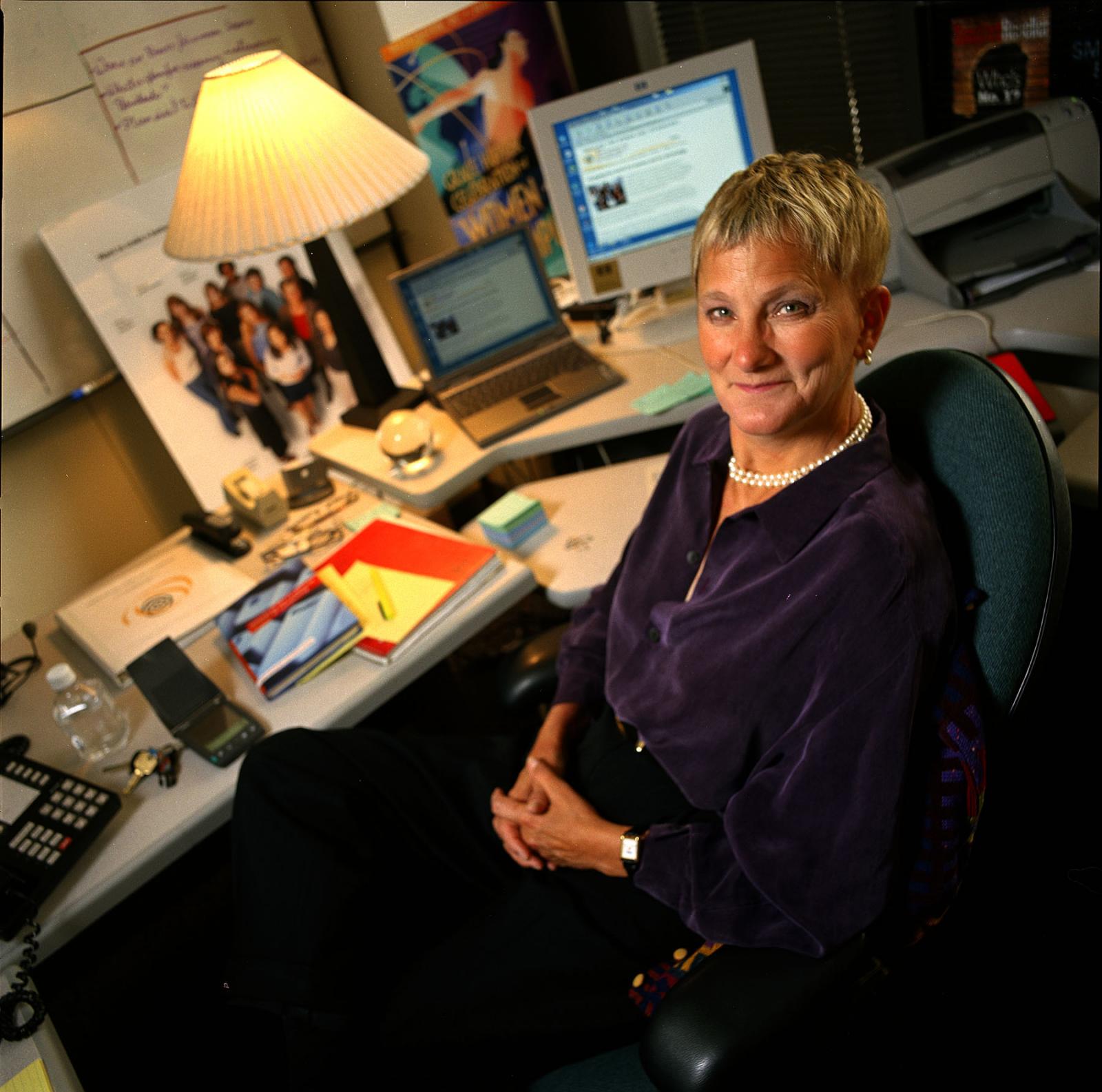Diversity, equity and inclusion
Beyond quotas: behaviour driven diversity at Thoughtworks Australia

 source: http://ignite.globalfundforwomen.org
source: http://ignite.globalfundforwomen.org

Disclaimer: The statements and opinions expressed in this article are those of the author(s) and do not necessarily reflect the positions of Thoughtworks.



